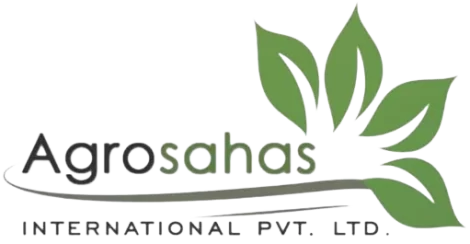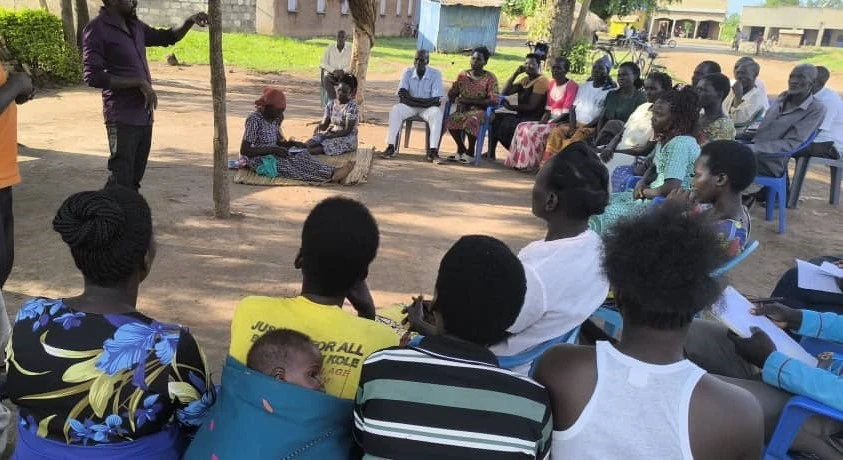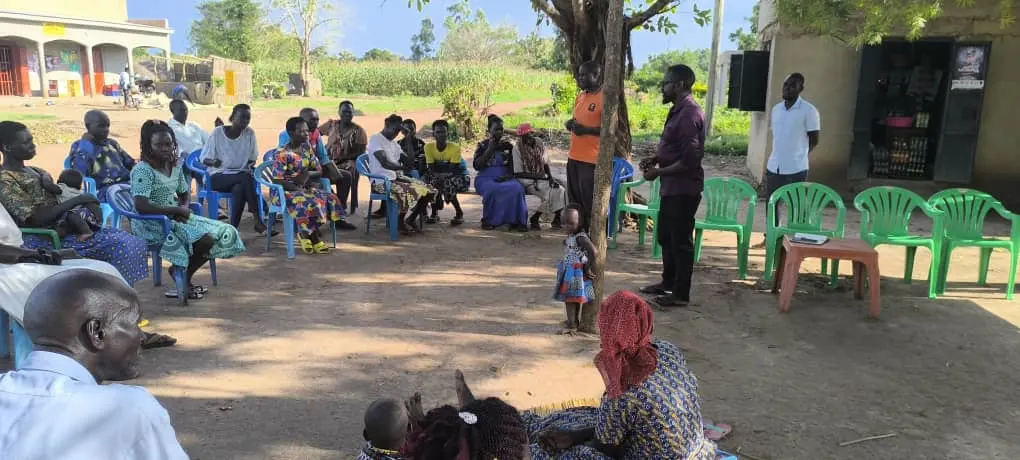Climate change poses significant challenges to agriculture, particularly in regions like Uganda where farming is the cornerstone of the economy. Agrosahas International PVT LTD is committed to helping farmers adapt to these changes through innovative strategies and climate-smart agriculture practices. In this blog, we will explore the services offered by Agrosahas, the importance of farming in Uganda, and the various practices that enhance climate resilience.
What Services Are Offered by Agrosahas?
Agrosahas offers a comprehensive range of services designed to support sustainable agricultural development and improve the livelihoods of farmers. These services include:
- Training and Capacity Building: Providing farmers with knowledge and skills in modern farming techniques and climate-smart practices.
- Technical Assistance: Offering on-ground support and guidance to implement innovative farming methods.
- Access to Resources: Supplying high-quality seeds, fertilizers, and irrigation equipment to enhance productivity.
- Market Linkages: Connecting farmers with markets to ensure they get fair prices for their produce.
- Financial Support: Facilitating access to credit and financial services to help farmers invest in their farms.
Climate-Smart Agriculture Practices in Uganda
Climate-smart agriculture (CSA) is essential in mitigating the impacts of climate change on farming. Agrosahas promotes several CSA practices, including:
- Agroforestry: Integrating trees and shrubs into crop and livestock systems to enhance biodiversity, improve soil health, and provide shade and windbreaks.
- Conservation Agriculture: Implementing minimal soil disturbance, maintaining soil cover, and practicing crop rotation to improve soil structure and fertility.
- Water Management: Using efficient irrigation systems and rainwater harvesting techniques to conserve water and ensure its availability during dry periods.
- Improved Crop Varieties: Encouraging the use of drought-resistant and early-maturing crop varieties that can withstand changing climatic conditions.
- Integrated Pest Management (IPM): Combining biological, cultural, and chemical methods to manage pests in an environmentally sustainable way.

Why is Farming Called the Backbone of Uganda?
Farming is considered the backbone of Uganda due to its central role in the country’s economy and society. Agriculture employs over 70% of the population and contributes significantly to the national GDP. It provides food security, income, and employment, particularly in rural areas. Farming also supports related industries such as agro-processing and trade, making it a vital component of Uganda’s economic stability and growth.
Reasons for Different Farming Systems in Uganda
Uganda’s diverse agro-ecological zones, cultural practices, and economic conditions lead to various farming systems. Key reasons for these differences include:
- Geographical Diversity: Different regions have varying climates, soils, and elevations, which influence the types of crops grown and farming practices used.
- Cultural Preferences: Local traditions and customs play a significant role in determining farming practices and crop choices.
- Economic Factors: Farmers’ access to resources, markets, and financial services affects their ability to adopt certain farming systems.
- Climate Variability: Regional differences in rainfall and temperature patterns necessitate tailored farming practices to cope with local climatic conditions.
Strategies for Climate Resilience
Agrosahas employs several strategies to enhance climate resilience among farmers:
- Diversification of Crops and Livelihoods:
Encouraging farmers to grow a variety of crops and engage in different agricultural activities to spread risk and increase resilience to climate shocks.
Promoting income-generating activities beyond farming, such as livestock rearing and agro-processing, to ensure steady income streams.
- Community-Based Adaptation:
Working closely with local communities to develop and implement adaptation plans that address specific climate risks and vulnerabilities.
Building local capacity through training and knowledge sharing to enable communities to take ownership of their adaptation efforts.
- Sustainable Land Management:
Implementing practices that conserve soil and water resources, such as terracing, contour farming, and reforestation.
Encouraging the use of organic fertilizers and composting to improve soil fertility and reduce reliance on chemical inputs.
- Climate Information Services:
Providing farmers with timely and accurate climate information to help them make informed decisions about planting, harvesting, and water management.
Utilizing mobile technology and local extension services to disseminate weather forecasts and early warning alerts.
- Policy Advocacy and Partnerships:
Advocating for policies that support climate-smart agriculture and provide incentives for sustainable farming practices.
Collaborating with government agencies, research institutions, and other stakeholders to scale up successful climate adaptation initiatives.
Conclusion
Agrosahas International PVT LTD is at the forefront of promoting climate resilience in agriculture. By offering a range of services and advocating for climate-smart practices, we are helping farmers in Uganda and beyond to adapt to the challenges posed by climate change. Our holistic approach, which includes training, technical assistance, resource provision, and policy advocacy, ensures that farmers are well-equipped to face a changing climate and secure their livelihoods.




